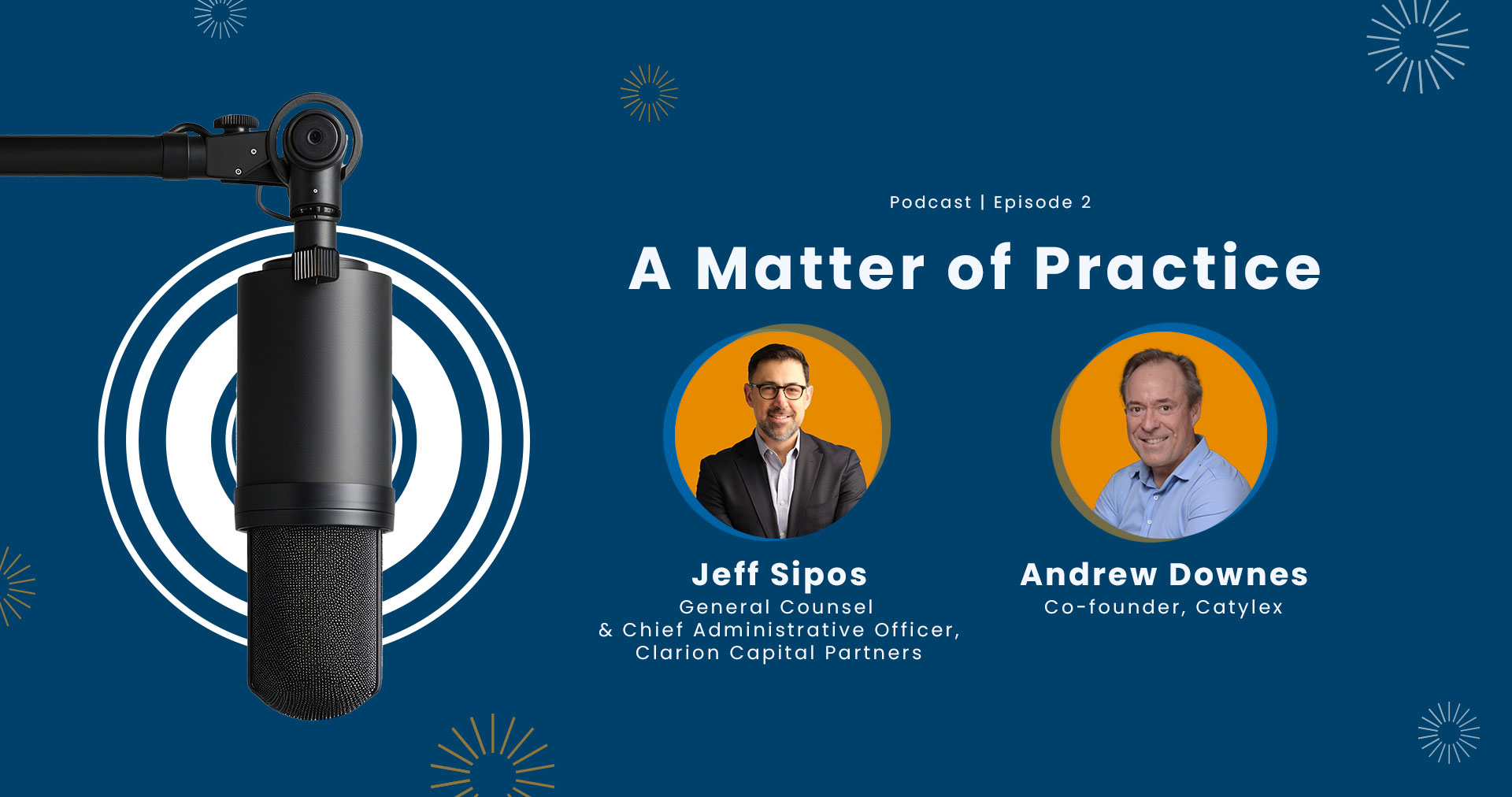The future of law is in predictive analytics, with a focus on legal analytics. According to a Bloomberg report, the predictive analytics (PA) market size is slated to hit $23.9 billion by 2025. That’s big money, and you can enjoy a piece of this sweet pie by integrating predictive analytics in your law practice.
Big Data has effectively changed the way the world accesses, uses, and manipulates data. There’s no better way to harness the power of data than through predictive analytics. But what exactly is predictive analytics, and more importantly, what is its implication in our legal world?
All About Data Analytics
Data analytics is the process of collecting, manipulating, and analyzing data to extrapolate useful metrics. Using raw data to make informed choices, data analytics gives lawyers a means to maximize their efficiency by seeing which areas they need to focus on.
In the legal world, data analytics is also referred to as legal analytics. This handy method of analyzing data can help you find correlations between cases, predict litigation case outcomes, and understand how to finetune your legal department. Efficiency is every lawyer’s goal, and legal analytics drives the dream. The ABA sums up legal analytics as an excellent way for corporate counsel to have metrics on hand, in-house to save on costs and boost efficiency.
The 411 on Predictive Analytics
Predictive analytics is the art of making calculated predictions based upon collected data points. In a nutshell, artificial intelligence (AI) trawls through data that you have, to predict logical outcomes. This is especially useful for litigators, when past results are collated, analyzed, and used to determine possible scenarios – to craft better cases.
What seems almost like magic is powered by intelligent software that can collect, store, manipulate, and analyze the data that you already have to make smart predictions on outcomes. The applications of these powerful predictions run the gamut from litigation cases, to e-discovery, and even case correlation.
Predictive Analytics and the Legal World
AI allows legal software to be as robust as it is. Algorithms are fed data points to create powerful tools that can effectively forecast probable case outcomes. The data points you input allows the AI to understand your firm’s/department’s unique profile based on previous case outcomes. This in turn gives the software a set of parameters to make well-informed predictions.
A dizzying array of PA-equipped software created just for the legal industry makes it easier than ever for lawyers to grow efficiently. From software that can pinpoint data in harassment related cases, to automating tasks in e-discovery, and supporting litigation cases by providing insightful feedback, predictive analytics is a boon in the legal world.
You probably have an untapped fountain of data
Your law firm already has a wealth of data, and you don’t know it – yet! With a structured data analytics program, you can find out the ways to collect the data you have on hand, and how to extract meaningful metrics by analyzing it. Go one step further and apply predictive analytics to your data points to supercharge your legal department.









